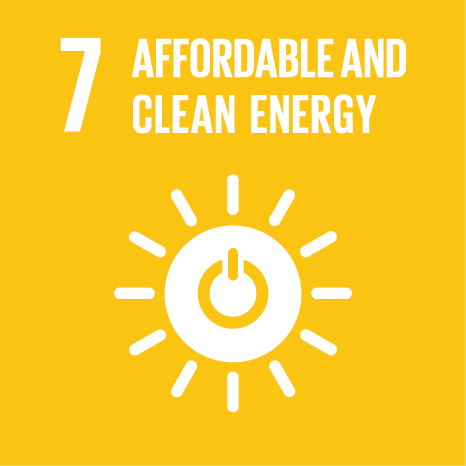Ciência_Iscte
Publications
Publication Detailed Description
ECPPM2016 - eWork and eBusiness in Architecture, Engineering and Construction
Year (definitive publication)
2016
Language
English
Country
Germany
More Information
Web of Science®
Scopus
Google Scholar
This publication is not indexed in Overton
Abstract
During the last decades Architecture has been looking to its basic principles, finding in nature a natural and obvious inspiration. Materials and environment have been playing an important and essential role in this process. Recovering the ideals of the 1950’s intellectually movement Performative Turn, performance-oriented design finds its fundaments on the understanding that architecture unfold their performative capacity by absorbing the complexity conditions and processes. Following this premise, architecture and environment are simultaneously set at a spatial, material and temporal level. The following article has the goal to describe a methodology to find the material and environmental driven parameters to be considered in the design and construction of a passive shading system. This research aims to develop a universal parametric definition, based on cork material and environmental essential and determinant driven parameters that could enable us to design a totally personalized passive shading system to any location and time.
Acknowledgements
--
Keywords
Fields of Science and Technology Classification
- Physical Sciences - Natural Sciences
Funding Records
| Funding Reference | Funding Entity |
|---|---|
| UID/SOC/03127/2013 | Fundação para a Ciência e a Tecnologia |
| UID/MULTI/0446/2013 | Fundação para a Ciência e a Tecnologia |
Contributions to the Sustainable Development Goals of the United Nations
With the objective to increase the research activity directed towards the achievement of the United Nations 2030 Sustainable Development Goals, the possibility of associating scientific publications with the Sustainable Development Goals is now available in Ciência_Iscte. These are the Sustainable Development Goals identified by the author(s) for this publication. For more detailed information on the Sustainable Development Goals, click here.

 Português
Português




